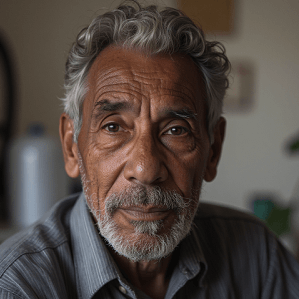A recent study published in JAMA Network Open reveals significant racial and ethnic disparities in counseling for children with high blood pressure. The research, conducted by Dr. Moonseong Heo and colleagues from Clemson University, analyzed data from 2,677 participants across 59 pediatric primary care practices.
The study found that while pediatric neurologists requested genetic tests at similar rates for both Black and white children, Black children were nearly half as likely to complete these crucial tests. This disparity persisted even after accounting for factors such as socioeconomic status and urban or rural residence.
Overall, 63.5% of children received nutrition counseling, 57.6% lifestyle counseling, and 47.5% weight counseling. However, Hispanic participants received significantly higher adjusted rates of nutrition counseling (78.6%), lifestyle counseling (69.3%), and all three counseling topics combined (52.1%) compared to other racial and ethnic groups.
Interestingly, no significant differences were observed between any pairs of groups in the rates of receiving weight counseling. These findings were generally consistent among participants without obesity. Among those with obesity, the only significant difference was in nutrition counseling rates between White participants (68.3%) and those reporting other race and ethnicity (81.6%).
The researchers emphasize the importance of stratifying quality metrics by demographic categories to highlight disparities and prevent worsening inequities as efforts continue to improve and standardize care for all children. This study underscores the need for targeted interventions to ensure equitable access to comprehensive counseling for all pediatric patients with high blood pressure, regardless of their racial or ethnic background.
See: “Racial, Ethnic Disparities Seen in Counseling for Children With High BP” (February 11, 2025)



